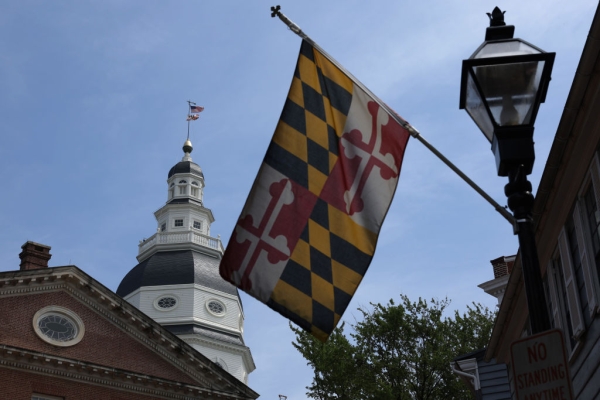The Maryland House of Delegates recently passed a bill known as the Legacy Ban, which seeks to prohibit elected officials from using public money to fund projects named after themselves. The bill aims to put an end to the practice of politicians using taxpayer dollars to create monuments and buildings in their own honor.
The Legacy Ban was introduced by Delegate Julian Ivey, who argued that such practices are a waste of taxpayer money and serve only to inflate the egos of those in power. By passing this bill, Maryland is taking a stand against political vanity and ensuring that public funds are allocated in a responsible and transparent manner.
The Legacy Ban has received widespread support from both Democrats and Republicans in the Maryland House of Delegates. Delegate Ivey stated that the bipartisan support for the bill is a testament to the fact that the issue of political vanity transcends party lines.
Critics of the Legacy Ban argue that elected officials should have the right to name projects after themselves if they have contributed significantly to the community. However, supporters of the bill argue that such contributions should be recognized in a more appropriate and dignified manner, rather than through lavish buildings or monuments.
The Legacy Ban is a step in the right direction towards ensuring accountability and transparency in the use of public funds in Maryland. By passing this bill, the Maryland House of Delegates has sent a clear message that politicians should focus on serving their constituents rather than promoting their own legacies.
The bill will now move to the Maryland Senate for consideration. If passed, the Legacy Ban will become law and put an end to the practice of politicians using taxpayer dollars to fund projects named after themselves. This is a positive development for the state of Maryland and sets a precedent for responsible and ethical governance.



